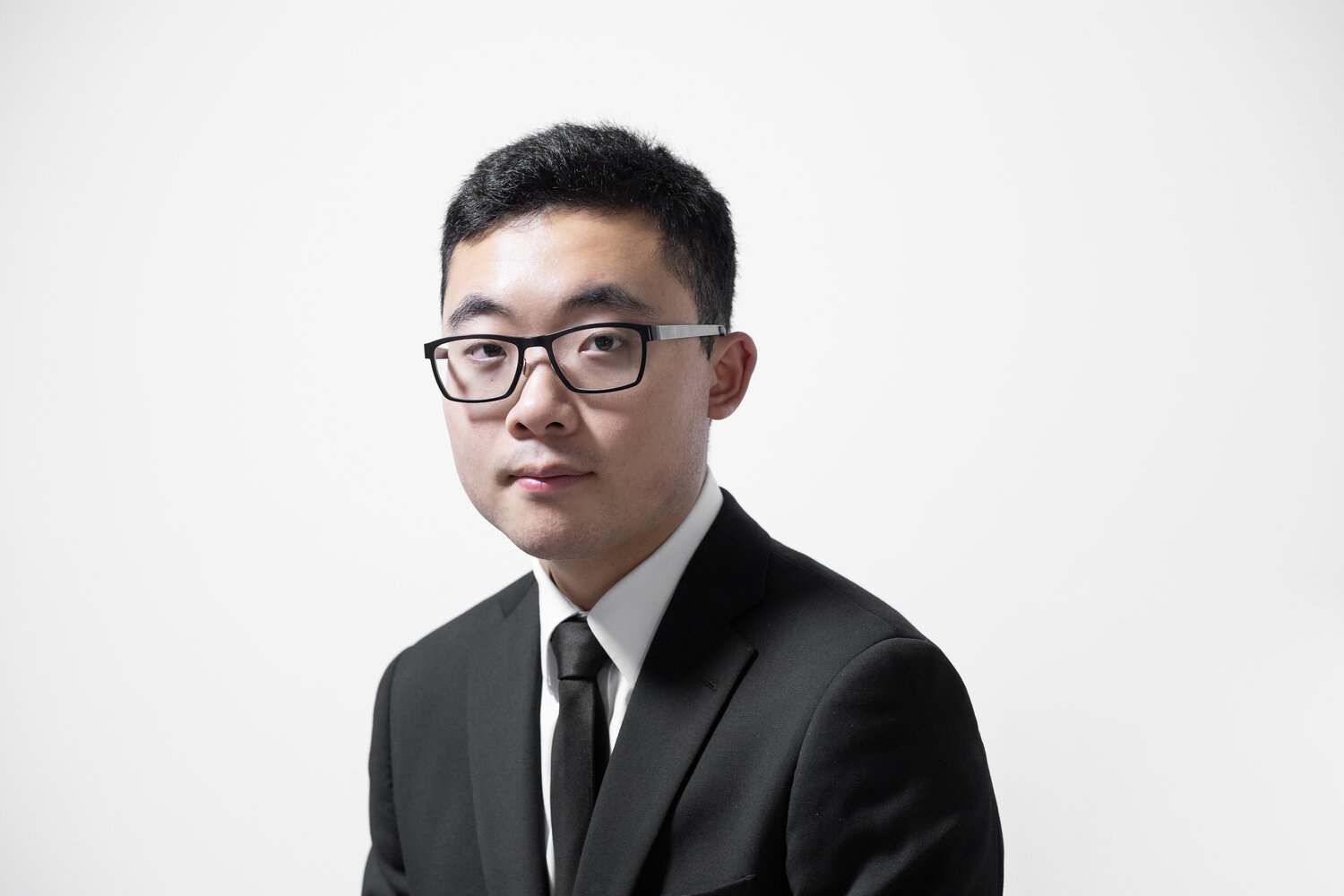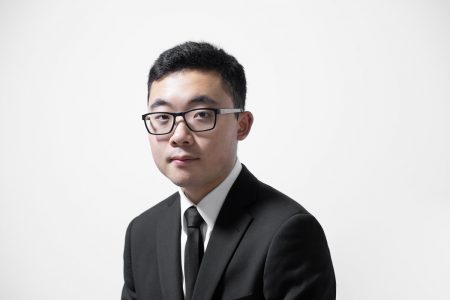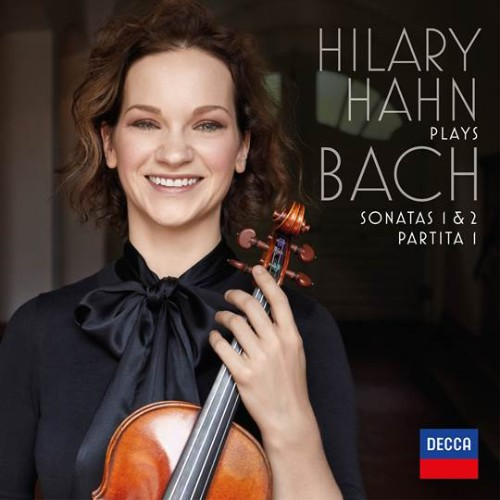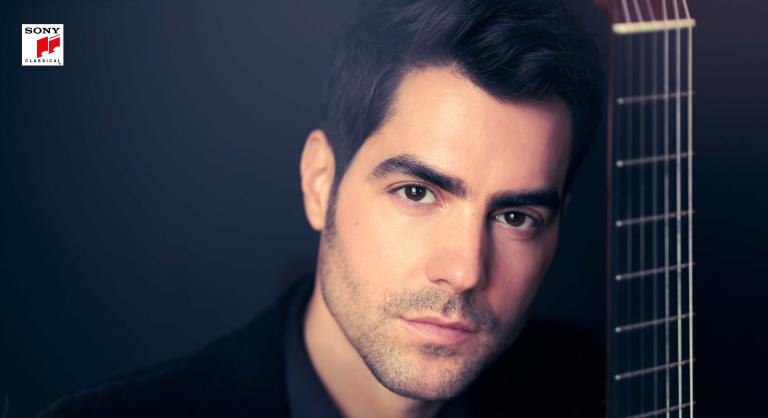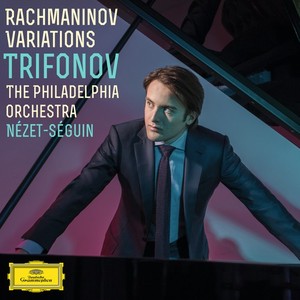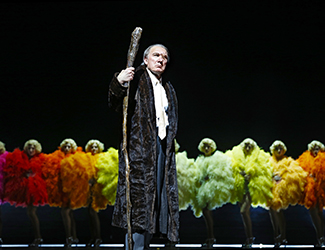Nicholas Vines And Rob Hao On Vines’ Indie Ditties
Pianist Rob Hao returns to Sydney from London for his inaugural solo tour of Australia which will include a performance at the Utzon Room in April. The concert will include the Australian premiere of Sydney-based Australian composer Nicholas Vines’ Indie Ditties. From London, Hao gave us some insights into his career thus far and we speak with Nick Vines about his intriguing piece, Indie Ditties.
Hao moved to the UK in 2018 and is studying at the Royal College of Music in London, majoring in composition and piano, Hao straddles Sydney and London performing an extensive range of repertoire from Bach to Boulez in Australia and across Europe. Born in New Zealand, Hao grew up in Sydney where he studied piano with Ransford Elsley and made his concerto debut performing Sergei Prokofiev’s Piano Concerto No. 3.
Nicholas Vines is a busy prize-winning composer, mentor and academic on both sides of the Pacific. His music is brilliantly original, edgy and a challenge to define, which immediately piques the curiosity. Indie Dittes (2017) is a collection of 12 preludes for pianoforte in the classical tradition. Each title says Vines, “reflect(s) the now familiar phenomenon of indie, alternative or hipster culture.” He continues “It’s fascination, affection, puzzlement part satire; probably mostly the last, but like with hipsterdom itself, an exact stance is hard to articulate.” Making a tongue-in-cheek comment on the ubiquity of the Apple culture in the US, titles include II. organic, VG , free trade, III. Bad Appletude, VIII. skinny, skinny jeans and IX. … and the freaks shall inherit the earth.
A graduate of the University of Sydney, Vines obtained a BMus, MMus and walked away with the university medal. Scholarships and fellowships led to a PhD in composition at Harvard University (where he later lectured), working with Judith Weir, Sir Harrison Birtwistle, Brian Ferneyhough and Helmut Lachenmann amongst others. His decade of work and study in the US, with its focus on contemporary ‘art’ music was a stark contrast to his Australian experience and he maintain his US links with commissions, collaborations and a position with SICPP (Summer Institute for Contemporary Performance Practice), an annual new-music festival at New England Conservatory in Boston.
The two realities inhabited by Vines, meet in his Indie Ditties, whether in a furious clash of aesthetics or a gentle confluence. “There is considerable slippage between the two worlds… a piece can happily inhabit two or even three of these, making them more perspectives than styles. It therefore seems best to understand my aesthetic as a single, sliding scale of myriad possibilities” he observes. However, aware of his role as an educator, Indie Ditties is a “solidly” educational tool, versatile enough to be performed as stand alone preludes or as a whole, and written to meet the requirements of HSC performance to diploma level. Score markings like 100% Real Apple Juice, Allegretto: fatty Hankerings and L’istesso Tempo: Stutter & Droop are not prescriptive and are intended to generate in the performer a spontaneous and individual interpretation.
Whilst pianist Rob Hao will perform the Australian premiere of Indie Ditties, US pianist Ryan MacEvoy McCullough has performed excerpts at Cornell University and has also recorded the collection for Navona Records in 2018 on Hipster Zombies from Mars: piano music for a post-ironic age, a compilation of Vines’s piano music, reviewed as ‘wacky, but well-delivered’ (BBC Music Magazine).
Q and A with Rob Hao:
SLS: Your thoughts on Indie Ditties? RH: Indie Ditties has been incredibly engaging to work on for a while now. It’s a piece that traverses a lot of different styles which can be difficult to navigate in a single, complete performance. But it tackles very relatable modern ideas with lots of irony, humour and some sympathy too, which is refreshing to hear and play. I see parts of myself and the people around me very clearly in these pieces, so that’s been very entertaining!
SLS: What has been the response to the excerpts from Indie Ditties that you have already performed? RH: I suppose I’ve had all sorts of responses – usually laughter and enthusiasm, and at other times, outright confusion – or somewhere in-between. For me, it’s been rewarding and, at times, surprising to see Indie Ditties resonate with so many people from all generations.
SLS: When and where did you begin learning the piano? RH: I grew up in Sydney and I was probably four or five years old when I started piano. I don’t think I practised very much back then. I didn’t take the instrument with any seriousness until I was well into my teenage years. There’s been lots of catching up to do since, but I think it’s all worked itself out.
SLS: What were the circumstances surrounding your decision to continue to study music professionally? RH: I enjoyed music (and still do, thankfully). I also had little bits of cautious encouragement from the people around me too. My family is more-or-less supportive, which is probably the essential ingredient when going abroad. Artistically, I felt I had something to contribute, although that’s still developing and becoming clearer as I go on.
SLS: How did you come to study at the Rotal College of Music? RH: On a practical level, lots of luck! It’s one the few places that I could also seriously study composition alongside piano. Although I do think it’s normally best to make decisions like these on teachers rather than the institution itself.
SLS: What music has influenced you growing up? RH: I don’t come from a musical family, so other than my lazy approach to early piano, most of my early musical experiences were second-hand from the radio, the TV or the miscellaneous CDs in the car. Thankfully, I later had some teachers who really introduced me to the breadth of classical music in both its traditional and contemporary forms, which has stuck with me since.
SLS: Do you play any other instruments or sing and how does that compare with your experience of playing the piano? RH: I have tried all sorts of instruments! I played clarinet, guitar and sang in choirs during my school years but I think I gravitated towards the piano since the repertoire is so great (both in quantity and quality), and much of it is self-contained too – although I play with plenty of other singers and instrumentalists now. I also compose, which gives the fingers a much-needed break!
SLS: You’re performing some cornerstones of the Romantic repertoire along with Indie Ditties in your upcoming recital. Why do these appeal to you? RH: I’m suspicious about certain corners of the Romantic repertoire, but I think the Chopin and Schubert I’m playing have a healthy balance between Classicism and Romanticism, which, in a way, is more stimulating and fulfilling to practise and perform. And I still adore the sound of the piano when playing these more traditional pieces, as well as the purely tactile feeling of playing it – especially with Chopin.
SLS: What’s next for you? RH: I’m in my final year at the RCM, so there’s a whole new programme of music to prepare for an exam-recital and lots of music to still write for deadlines! For now, I’m hoping to stay in Europe and keep with my various musical interests. There are endless pieces I’d like to learn from both the more modern and traditional repertoires – which means many more programmes I’d like to present!

